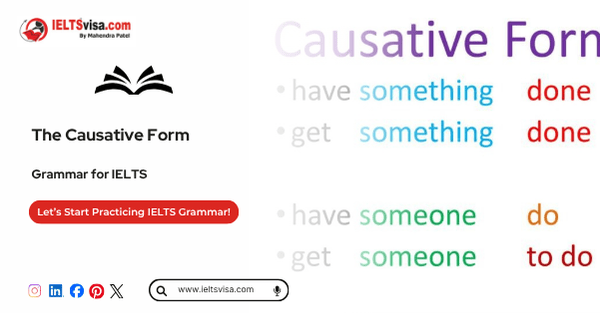Why some IELTS students get lower band scores in Reading?
IELTS Advice
There can be several reasons why some IELTS students get lower band scores in Reading. Here are some common reasons:
- Poor time management: The Reading section of the IELTS test is time-bound, and candidates need to answer 40 questions in 60 minutes. If a candidate spends too much time on a particular question or section, they may not have enough time to answer the remaining questions.
- Lack of reading skills: The Reading section requires candidates to have strong reading skills, including the ability to skim and scan, understand complex vocabulary, and interpret information presented in graphs and charts.
- Incomplete understanding of instructions: Not understanding the instructions, such as failing to follow the word limit or ignoring the question format, can result in lower scores.
- Poor exam strategy: Some candidates may not read the questions carefully or may not prioritize answering the questions that carry more marks. They may also struggle to find relevant information in the given text.
- Inadequate practice: Not practicing enough before the exam can also result in lower scores. Candidates who have not practiced reading English texts regularly may struggle to finish the Reading section within the given time limit.
- Language proficiency: Lower scores in Reading can also be due to inadequate proficiency in the English language, including weak vocabulary, grammar, and comprehension skills.
Study Abroad







The Causative Form
Causative Verbs Causative verbs are an essential part of English grammar, used to show that someone causes another person or thing to perform an action. If you’re learning English or teaching it, understanding causative verbs will help you form sentences where the...

The Conditional Tense
Conditional Sentences Conditional sentences are a fundamental part of English grammar. They help us express conditions and their possible outcomes. By understanding conditional sentences, you can learn how to talk about possibilities, hypothetical situations, or...

Mood in English Grammar
Mood in English Grammar The concept of "mood" in English grammar is essential for understanding how sentences convey different intentions or attitudes of the speaker. Whether you’re stating a fact, giving a command, asking a question, or expressing a wish, the mood of...








